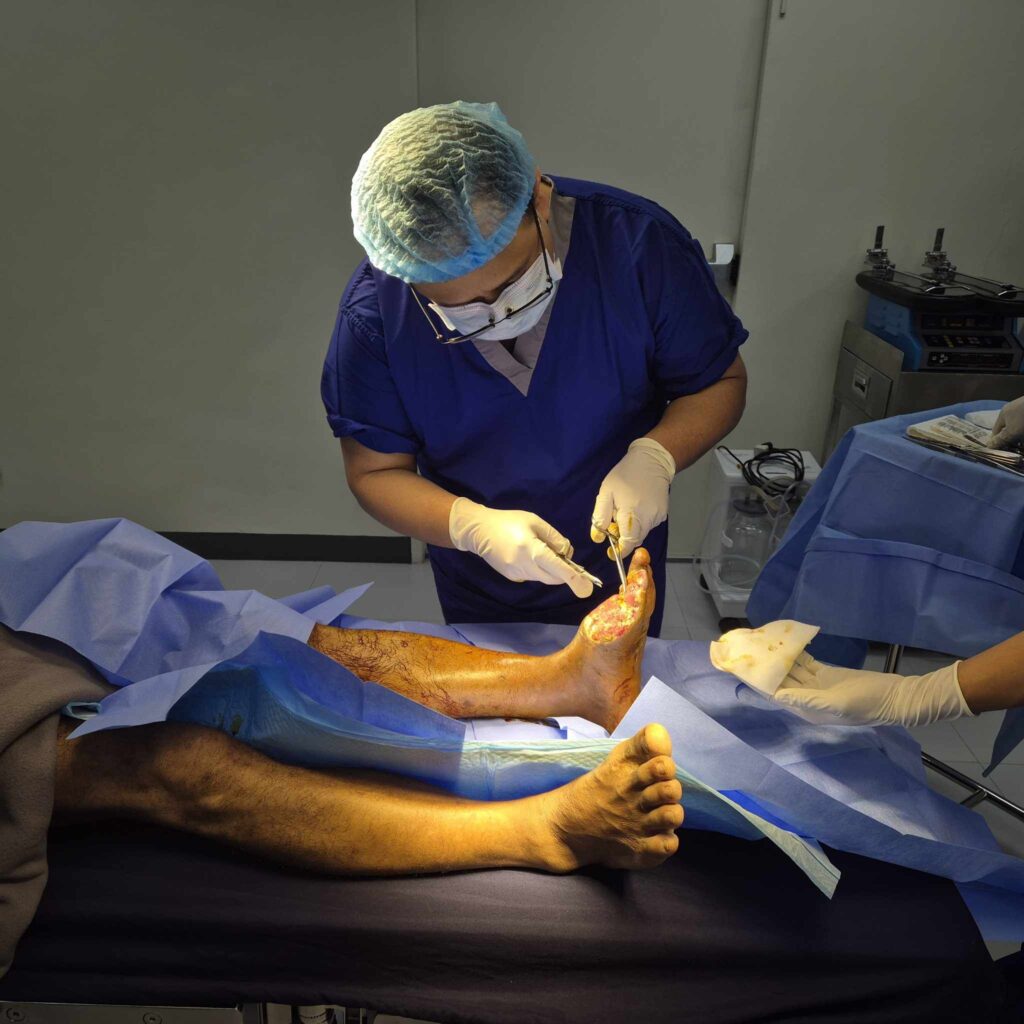Prolapse is a condition that can disrupt everyday life, causing discomfort, affecting mobility, and impacting confidence. It occurs when pelvic organs shift from their normal position due to weakened muscles or connective tissues. Many factors, including childbirth, aging, heavy lifting, and pelvic surgery, can contribute to prolapse. While it can be distressing, effective solutions exist. Treatment for Prolapse Fishers is available at Osteopractic Physical Therapy of Central Indiana (OPTCI), where a patient-centered approach focuses on relieving symptoms, restoring function, and improving overall quality of life.
Understanding Prolapse
Prolapse develops when support structures in the pelvis, such as muscles and ligaments, weaken over time or due to injury. This condition often involves organs like the bladder, uterus, or rectum. The severity of prolapse varies, and symptoms may range from mild discomfort to significant interference with daily activities.
Common causes of prolapse include:
- Vaginal childbirth, especially multiple or complicated deliveries
- Natural aging and menopause
- Pelvic surgery or injury
- Chronic coughing or heavy lifting
- Obesity and persistent straining during bowel movements
Key symptoms to recognize include:
- A sensation of heaviness or pressure in the pelvic region
- Visible bulging or protrusion of tissue in the vaginal area
- Difficulty controlling bowel movements or urination
- Lower back discomfort
- Feeling of incomplete emptying of the bladder or bowels
Recognizing these symptoms early is critical. Proper intervention can prevent further complications and restore comfort.
Why Early Treatment Matters
Delaying prolapse treatment can lead to worsening symptoms and reduced quality of life. Untreated prolapse can cause discomfort, increase the risk of urinary and bowel problems, and even limit physical activities. Early care offers a better chance of reversing or managing the condition without invasive surgery.
OPTCI’s Treatment for Prolapse Fishers focuses on addressing the issue early through targeted pelvic floor physical therapy. Early intervention strengthens support structures, restores function, and minimizes progression of prolapse. Patients who start therapy promptly often experience faster improvement and better long-term outcomes.
OPTCI’s Personalized Treatment Approach
OPTCI is recognized for providing tailored treatment that addresses the specific needs of each patient. Every treatment plan is based on a thorough evaluation and customized to the individual’s condition, symptoms, and lifestyle. OPTCI offers a range of specialized therapies for prolapse, including:
Pelvic Floor Muscle Training
This core part of prolapse treatment strengthens the muscles supporting pelvic organs. Strengthening these muscles reduces pressure on prolapsed organs, improving stability and relieving symptoms.
Manual Therapy Techniques
Manual therapy improves flexibility, reduces tension, and restores balance in the pelvic area. Skilled therapists use hands-on techniques to address muscle restrictions and improve overall pelvic function.
Bowel and Bladder Retraining
A tailored approach to bladder and bowel management helps patients regain control and reduce straining during daily functions. Retraining programs improve efficiency and comfort in elimination processes.
Postural and Alignment Exercises
Proper posture plays an essential role in pelvic health. Specific exercises improve body alignment, which can relieve strain on pelvic muscles and support long-term recovery.
Lifestyle Modifications
Therapists at OPTCI guide patients on daily habits that promote pelvic health. Changes may include ergonomic adjustments, activity modifications, and guidance on exercise and diet.
This combination of therapies ensures patients receive treatment for prolapse Fishers that addresses both symptoms and root causes.
What to Expect During Treatment at OPTCI
Treatment begins with a detailed evaluation of pelvic health and a discussion of symptoms and medical history. The initial session at OPTCI typically lasts about an hour and may include a pelvic floor assessment to evaluate muscle strength, coordination, and balance.
Therapists explain the treatment plan and begin introducing exercises and techniques designed to gradually strengthen the pelvic floor and reduce discomfort. Sessions are adjusted to patient progress, with continuous evaluation to ensure the best results. Patients can expect a supportive, private, and comfortable environment that encourages recovery.
Why Choose OPTCI for Treatment for Prolapse Fishers
OPTCI stands out for its commitment to quality care, patient comfort, and lasting results. The team is highly trained in pelvic floor therapy and uses proven techniques for prolapse treatment. Patients receive personalized attention and a treatment plan tailored to their needs, supported by a comfortable environment that encourages healing.
Choosing OPTCI means choosing a trusted partner for recovery. Their approach combines expertise, compassion, and results-driven care.
Takeaway
Living with prolapse should not be a lifelong challenge. Taking the first step toward recovery can improve comfort, function, and confidence. OPTCI offers specialized Treatment for Prolapse Fishers with a team dedicated to restoring pelvic health.
Contact OPTCI today to schedule your consultation. Let expert physical therapists guide you through a personalized journey toward recovery.
Frequently Asked Questions (FAQ)
What is prolapse and how is it diagnosed?
Prolapse is the descent of pelvic organs due to weakened support structures. Diagnosis involves a physical exam, symptom discussion, and sometimes imaging.
Can prolapse be reversed without surgery?
Yes. Many cases respond well to pelvic floor physical therapy, especially when treatment begins early. Surgery is only necessary in severe cases or when other methods are ineffective.
How long does treatment take?
Treatment length varies depending on the severity of prolapse and individual progress. Many patients notice improvement within weeks, while full recovery may take several months.
Is prolapse therapy painful?
No. Pelvic floor physical therapy uses gentle exercises and techniques designed to improve comfort while avoiding pain. Some patients may experience mild muscle soreness initially.
How much does prolapse treatment cost in Fishers?
Costs depend on the type and length of treatment needed. OPTCI offers transparent pricing and can provide estimates during consultation.






